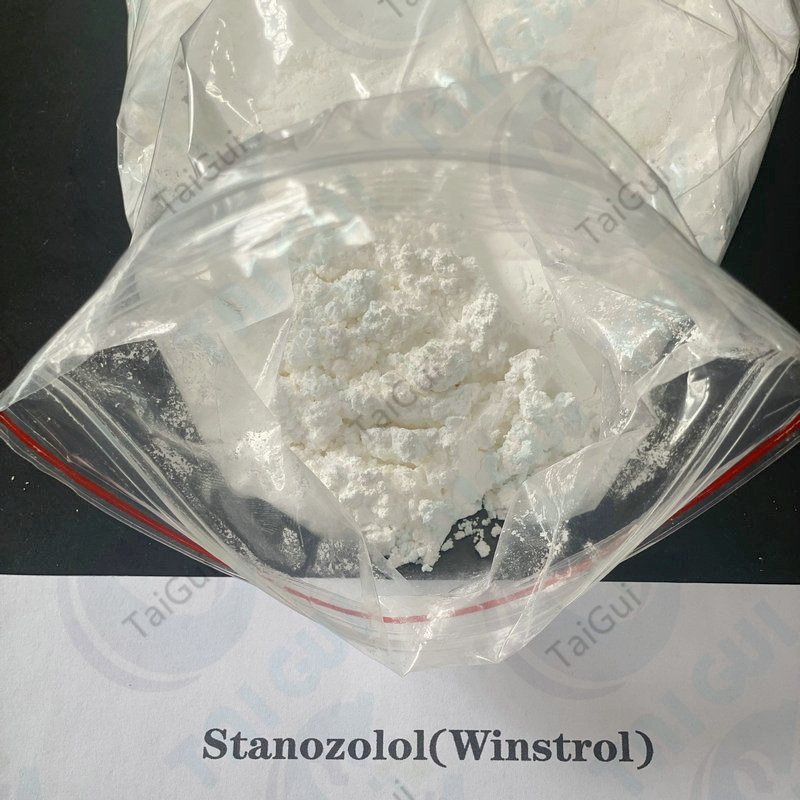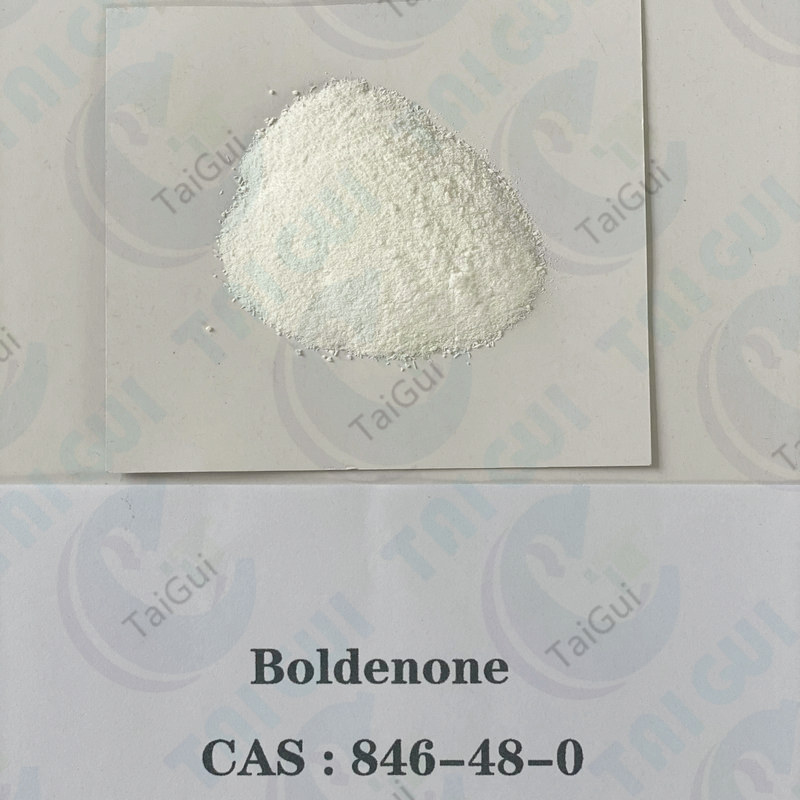The treatment improves markers of nonalcoholic fatty liver disease, an investigator reports.
A novel lymphatically delivered oral testosterone undecanoate (Tlando) is a fixed-dose, well-tolerated, and effective treatment for hypogonadism with liver health benefits that clearly differentiate it from the potentially hepatotoxic oral methyltestosterone, reported Irwin Goldstein, MD, at the American Urological Association 2020 Virtual Experience. Injectable Anabolic Steroids

“This innovative product has exciting, paradigm-shifting potential for treating men with low testosterone,” said Goldstein, director of Sexual Medicine at Alvarado Hospital in San Diego, California, and clinical professor of surgery at the University of California San Diego.
“It offers the opportunity to provide safe, effective, and well-tolerated testosterone replacement through the oral route that is the generally preferred method for medication administration. In addition, available data indicate that it not only avoids the adverse hepatic effects that have historically limited use of oral testosterone, but it improves markers of nonalcoholic fatty liver disease [NAFLD] that is a serious and prevalent condition. Low testosterone (ie, hypogonadism) is common in males with NAFLD.”
Methyltestosterone is prone to cause liver toxicity with oral ingestion because it is directly transported to the liver through the portal vein, Goldstein said. In contrast, the lymphatically delivered oral testosterone undecanoate is a nonmethylated prodrug of endogenous testosterone, found in Tlando, that avoids first-pass metabolism in the liver and enters the systemic circulation via the lymphatics.
The safety and efficacy of Tlando for treating men with low testosterone was investigated in the 1-year SOAR trial that included 210 men who received the investigational product and a control group of 105 patients treated with topical testosterone gel.
Results from SOAR showed that the oral testosterone undecanoate was associated with a significantly greater increase in free testosterone levels compared with the topical product, and it improved key mental and sexual domains, reported Goldstein, who was an investigator in SOAR and an earlier dosing study.
Safety data in the study included measurement of liver enzymes and showed that reductions were consistently achieved in alanine aminotransferase, aspartate aminotransferase, alkaline phosphatase, and ɣ-glutamyl transferase among men who had elevated levels of those markers of liver injury at baseline. Rates of normalization for those 4 enzymes ranged from 31% for ɣ-glutamyl transferase to 67% for alkaline phosphatase.
40% reduction in liver fat at 4 months
Additional data on the liver effects of the novel testosterone undecanoate product were obtained in a smaller separate trial of men with hypogonadism. Using the objective Magnetic Resonance Imaging Proton Density Fat Fraction technique to measure liver fat percentage, it found that after 4 months, men with NAFLD at baseline achieved an approximately 40% reduction in liver fat. In addition, more than 75% of men who entered the study with NAFLD were considered “responders” to the oral testosterone undecanoate based on achieving a 30% or greater reduction in the percentage of liver fat.
In addition, the percentage of patients categorized as NAFLD-free rose during the study and nearly doubled by its conclusion, increasing from 34% at baseline to reach 63% at 16 weeks.
“Interestingly, the higher the baseline body mass index, the greater the reduction in liver fat achieved with Tlando treatment, and it appears that the improvement in liver fat does not appear to be explained by any decrease in body weight,” Goldstein said.
Disclosures: Lipocine Inc provided funding for the study. Goldstein is on the consultant/advisory board of Lipocine Inc, does research for AbbVie Inc and Marius Pharmaceuticals LLC, is on the Clarus Therapeutics, Inc speakers’ bureau, and receives writing support from Endo International.
Study initiated to explore effect of oral TRT on spermatogenesis
The oral TRT study plans to enroll 20 male patients aged 18 to 49 years who meet the American Urological Association’s criteria for hypogonadism and who have not previously used TRT.
The urologist's role in dispelling men's health myths
“I think it's really important to understand the role of prevention and early detection,” says Michael Lutz, MD.
Use of testosterone does not lead to abnormal hematocrit levels
"The findings from this study represent very important reassurance regarding the safety of testosterone as masculinizing treatment," says Joshua Safer, MD, FACP, FACE.
Destigmatizing Urology: Dr. Espinosa discusses lifestyle changes
“I think that the audience should know that there is a movement going on,” says Geo Espinosa, ND.
Study suggests broader use of anastrozole for male infertility
If replicated with further study, the finding potentially expands noninvasive fertility treatment options and may minimize the need for expensive reproductive technology, according to lead author Scott D. Lundy, MD, PhD, of Cleveland Clinic’s Department of Urology.
United Urology Group and its affiliate practices and Prostate Centers USA® are collaborating to revolutionize men's health care with minimally invasive solutions
The inclusion of PAE in the American Urological Association BPH Guidelines offers a non-surgical alternative that can provide long-term relief with minimal downtime and fewer complications, according to the United Urology Group.
Study initiated to explore effect of oral TRT on spermatogenesis
The oral TRT study plans to enroll 20 male patients aged 18 to 49 years who meet the American Urological Association’s criteria for hypogonadism and who have not previously used TRT.
The urologist's role in dispelling men's health myths
“I think it's really important to understand the role of prevention and early detection,” says Michael Lutz, MD.
Use of testosterone does not lead to abnormal hematocrit levels
"The findings from this study represent very important reassurance regarding the safety of testosterone as masculinizing treatment," says Joshua Safer, MD, FACP, FACE.
Destigmatizing Urology: Dr. Espinosa discusses lifestyle changes
“I think that the audience should know that there is a movement going on,” says Geo Espinosa, ND.
Study suggests broader use of anastrozole for male infertility
If replicated with further study, the finding potentially expands noninvasive fertility treatment options and may minimize the need for expensive reproductive technology, according to lead author Scott D. Lundy, MD, PhD, of Cleveland Clinic’s Department of Urology.
United Urology Group and its affiliate practices and Prostate Centers USA® are collaborating to revolutionize men's health care with minimally invasive solutions

Raw Steroid Powders The inclusion of PAE in the American Urological Association BPH Guidelines offers a non-surgical alternative that can provide long-term relief with minimal downtime and fewer complications, according to the United Urology Group.